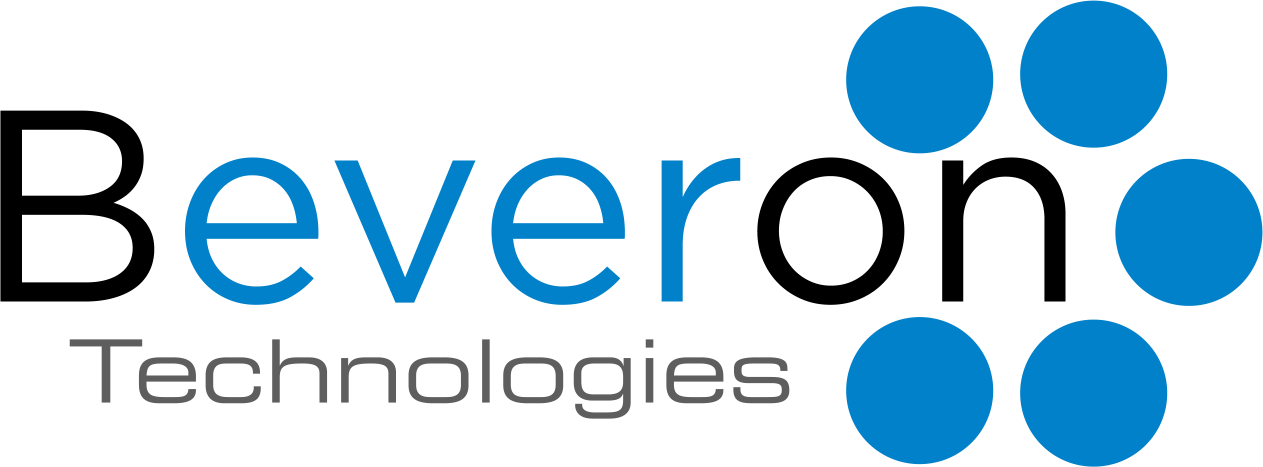The Future of Corporate Legal: Why In-House Teams Are Embracing Legal Tech

The Future of Corporate Legal: Why In-House Teams Are Embracing Legal Tech
In the fast-paced world of business, corporate legal teams are under increasing pressure to keep up with the complexity of regulations, manage legal risks, and deliver timely advice, all while controlling costs. In-house legal departments are no longer just reactive entities; they are playing an integral role in business strategy and decision-making. However, with the growing volume of legal work, the rise of new technologies, and the increasing demand for efficiency, many in-house legal teams are turning to legal tech to streamline their processes.
Legal technology is no longer a luxury or a passing trend—it’s becoming a critical component of how corporate legal departments operate in 2025 and beyond. In this blog post, we explore why in-house legal teams are embracing legal tech, the benefits it brings, and how it's shaping the future of corporate legal practice.
Increasing Complexity of Legal Work
As businesses grow and expand, so does the complexity of their legal needs. In-house legal teams are tasked with handling a wide range of responsibilities, from compliance and contract management to intellectual property and litigation support. Legal teams are also required to stay on top of evolving regulations, industry standards, and best practices, all while managing a growing volume of work.
Legal technology solutions have become invaluable in simplifying and managing these complexities. For example, contract management systems, compliance tracking tools, and automated workflows can help in-house teams navigate this vast array of legal matters more efficiently. By automating routine tasks, such as contract generation and risk assessments, legal tech empowers teams to focus on higher-level strategic issues rather than getting bogged down by repetitive, administrative work.
The Need for Cost Efficiency
Cost management has always been a priority for corporate legal departments, but in today’s economic environment, the pressure to reduce expenses is greater than ever. Legal teams must do more with less, while still delivering high-quality service to their internal clients.
Legal tech solutions, such as e-billing platforms, matter management systems, and AI-powered contract review tools, allow in-house teams to cut down on operational costs. These technologies help streamline workflows, reduce the need for outsourcing, and provide better visibility into legal spend, enabling teams to allocate resources more effectively. By automating manual tasks and reducing inefficiencies, legal tech is helping in-house counsel deliver more value to their organizations without increasing their budgets.
Enhancing Collaboration Across Departments
Legal departments often work closely with other departments, including finance, compliance, human resources, and IT. The ability to collaborate effectively with these teams is crucial for ensuring that legal advice aligns with business goals and risk management strategies.
Legal technology platforms are increasingly offering integrated solutions that enable smoother communication and collaboration across departments. Document management systems, shared calendars, and communication tools allow legal teams to work more cohesively with other departments, ensuring that everyone is on the same page. These platforms also improve transparency, making it easier to track project status and deadlines, which is essential for meeting internal and external expectations.
Leveraging Data for Strategic Decision-Making
In the past, in-house legal departments primarily focused on providing reactive legal advice. However, the role of legal teams is now becoming more proactive, with an increasing emphasis on using data to inform strategic decisions. Legal tech is helping in-house counsel leverage data more effectively by providing insights into case trends, risk exposure, and contract performance.
Legal analytics tools, powered by AI and machine learning, can analyze large datasets to uncover patterns and trends that would be difficult for a human to spot. This allows legal teams to identify potential risks early, make better-informed decisions, and even predict outcomes in legal disputes. For example, AI-driven analytics can help in-house counsel assess the likelihood of success in a litigation matter based on historical data and precedents, allowing for more strategic decision-making.
Improving Compliance and Risk Management
Compliance with regulations and industry standards is one of the most critical tasks for in-house legal teams. Whether it’s adhering to local laws, international regulations, or internal company policies, legal departments are responsible for ensuring their organization remains compliant and mitigates potential legal risks.
Legal technology solutions play a key role in enhancing compliance efforts. For instance, compliance management software can help legal teams track regulatory changes, manage risk assessments, and ensure that the organization remains up-to-date with the latest compliance requirements. Automated reminders, real-time alerts, and audit trails also make it easier to monitor compliance and avoid costly penalties or legal disputes.
Automation of Routine Legal Tasks
Automation is one of the most significant advantages of legal tech. In-house legal teams often handle repetitive tasks, such as drafting contracts, processing legal documents, and conducting compliance checks. Automating these routine tasks not only saves time but also reduces the likelihood of human error.
Contract management systems, for example, can automatically generate contracts based on predefined templates, review contract terms for compliance, and even track expiration dates. Similarly, document automation tools can generate and store legal documents with minimal input from legal professionals. By reducing manual work, automation frees up time for in-house teams to focus on more strategic, high-value activities that require legal expertise.
The Future of Corporate Legal Is Tech-Driven
The future of corporate legal is undeniably tech-driven. In-house teams are embracing legal technology solutions not just to streamline their processes but to stay competitive, reduce costs, and enhance collaboration with other departments. Legal tech is not a passing trend; it’s becoming an essential part of how in-house legal departments operate in 2025 and beyond.
For legal professionals seeking to stay ahead of the curve, adopting legal tech tools is no longer optional—it’s a necessity. One such solution is Smart Legal Counsel, an innovative software designed specifically for in-house legal teams in Thailand. Smart Legal Counsel offers cutting-edge features, including document management, compliance tracking, and contract automation, all designed to streamline your team’s workflow and boost efficiency.
Ready to embrace the future of corporate legal? Start using Smart Legal Counsel today and discover how our legal tech solution can help your in-house team work smarter, reduce costs, and improve compliance.
Best inhouse legal counsel software in Thailand
Best corporate legal case management software in Thailand
Best software for legal practitioners in Thailand
If you need free demo on best inhouse legal counsel software in Thailand, please fill the form below.










